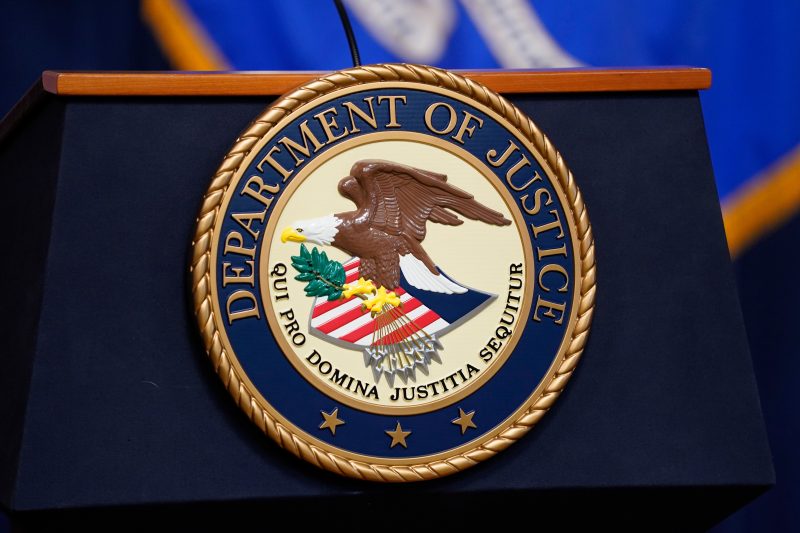Gag Orders: Impeding Federal Whistleblowers’ Rights
The issue of gag orders continues to impede the rights and voices of federal whistleblowers, as highlighted by a recent report released by an independent agency tasked with overseeing whistleblower disclosures. Despite efforts to protect individuals who bravely come forward with information regarding misconduct, waste, or abuse within government agencies, the persistent use of gag orders poses a significant threat to transparency and accountability.
Gag orders, also known as non-disclosure agreements or confidentiality agreements, are imposed on federal employees who raise concerns about wrongdoing within their respective agencies. These orders restrict whistleblowers from disclosing information to the public, media, or even lawmakers, thereby silencing their ability to shed light on critical issues that warrant public attention and intervention. By effectively silencing whistleblowers, gag orders serve to shield government agencies from scrutiny and accountability, perpetuating a culture of secrecy and impunity.
The impact of gag orders extends beyond the individual whistleblower, affecting the broader public interest and the integrity of government operations. When whistleblowers are muzzled through these restrictive measures, instances of fraud, corruption, or other misconduct may go unnoticed and unchecked, resulting in a potential waste of taxpayer dollars and a breach of the public trust. Furthermore, the fear of retaliation, job loss, or legal consequences often deters individuals from coming forward with valuable information, depriving government oversight bodies and the public of essential insights.
In recent years, there have been calls for greater protection for federal whistleblowers and the elimination of gag orders that stifle transparency and accountability. Various legislative proposals and policy recommendations have been put forth to address this issue, emphasizing the need to uphold the rights of whistleblowers to speak out without fear of retaliation or censorship. By safeguarding the ability of whistleblowers to disclose information in the public interest, policymakers and government agencies can foster a culture of accountability and ethical conduct.
In light of the challenges posed by gag orders, it is crucial for federal agencies and lawmakers to prioritize the protection of whistleblowers and the preservation of transparency in government operations. By fostering a supportive environment for whistleblowers to come forward and disclose vital information, steps can be taken to enhance accountability, root out misconduct, and ultimately serve the best interests of the public and the nation as a whole. Only through the recognition and respect of whistleblowers’ rights can a more transparent and accountable government be realized.
